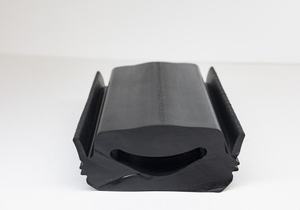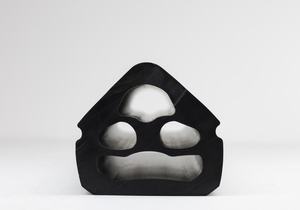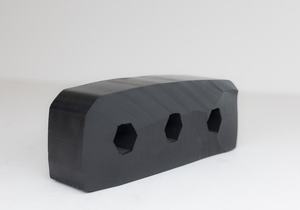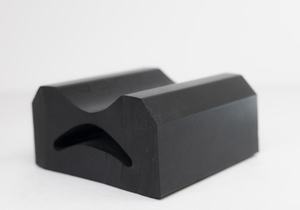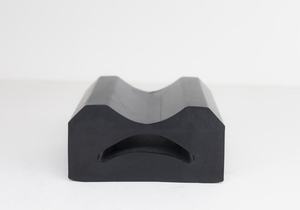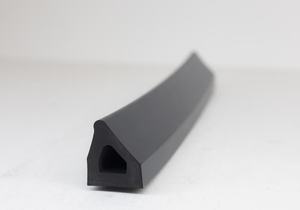Ship seals are critical components in maritime engineering, designed to ensure the watertight integrity and safety of vessels during their operations. These seals play a pivotal role in preventing water ingress, maintaining cargo integrity, and safeguarding the crew and cargo from the harsh elements of the sea.
Hatch cover seals are primarily used to seal the openings in the ship’s decks, ensuring that cargo holds remain secure and protected from external influences such as seawater, rain, and waves. These seals come in various designs, including compression seals, inflatable seals, and mechanical seals, each tailored to specific ship types and operational requirements.
Compression seals, for example, are typically made of rubber or elastomeric materials and are designed to compress when the hatch covers are closed, forming a watertight barrier. Inflatable seals, on the other hand, use air pressure to expand and create a tight seal when activated. Mechanical seals, such as cleats and dogs, rely on mechanical fasteners to secure the hatch covers in place.
The choice of seal type depends on factors like vessel size, cargo type, weather conditions, and operational preferences. Regardless of the seal type, their proper maintenance and inspection are essential to ensure their effectiveness and prevent potential leaks or failures.
Beyond watertight integrity, ship and hatch cover seals also contribute to cargo preservation, preventing moisture and contaminants from infiltrating cargo holds. This is crucial for maintaining the quality of goods, particularly perishable items like foodstuffs or sensitive cargo like electronics.
Additionally, hatch cover seals play a role in enhancing the safety of maritime operations. Ensuring that hatch covers are sealed correctly can prevent accidents such as slips and falls on wet or slippery decks and minimize the risk of cargo shifting during rough seas.
In conclusion, ship and hatch cover seals are fundamental components of maritime engineering, serving vital functions in safeguarding vessels, cargo, and crew. Their diversity in design and purpose underscores their importance in the seamless and secure operation of maritime transport, making them a crucial aspect of shipbuilding and maintenance. Proper selection, installation, and maintenance of these seals are essential to ensure the safety, efficiency, and reliability of maritime operations.
